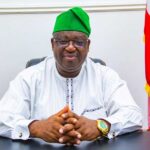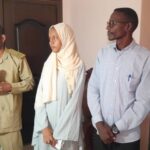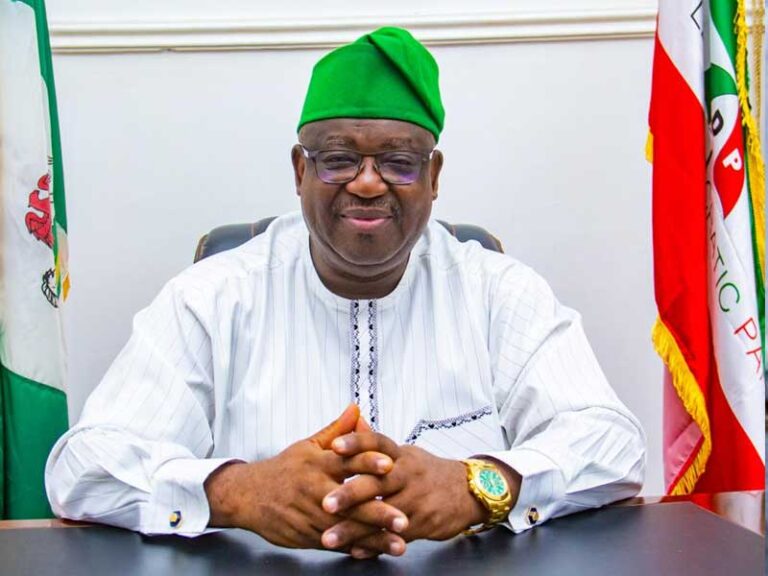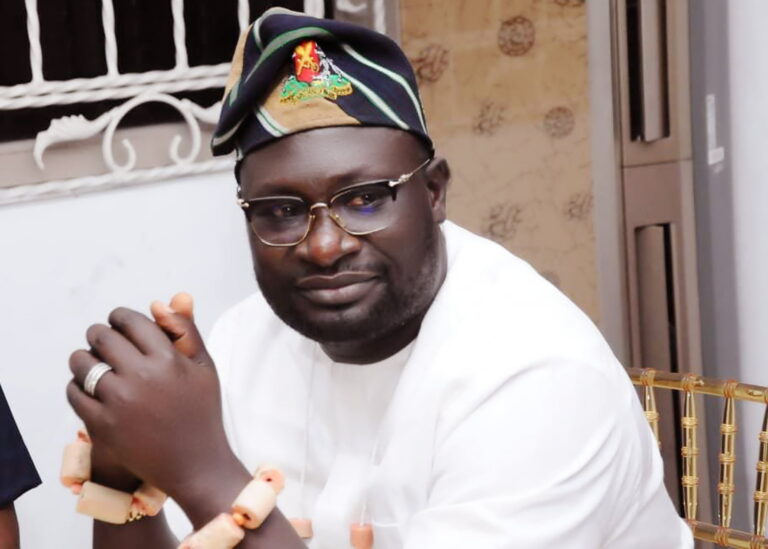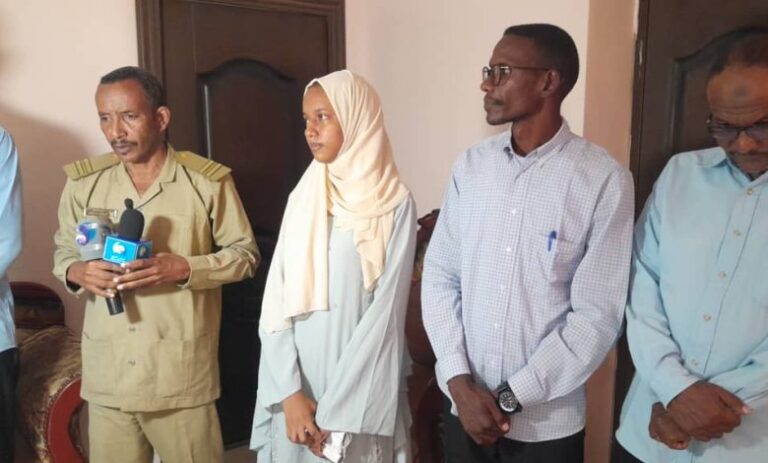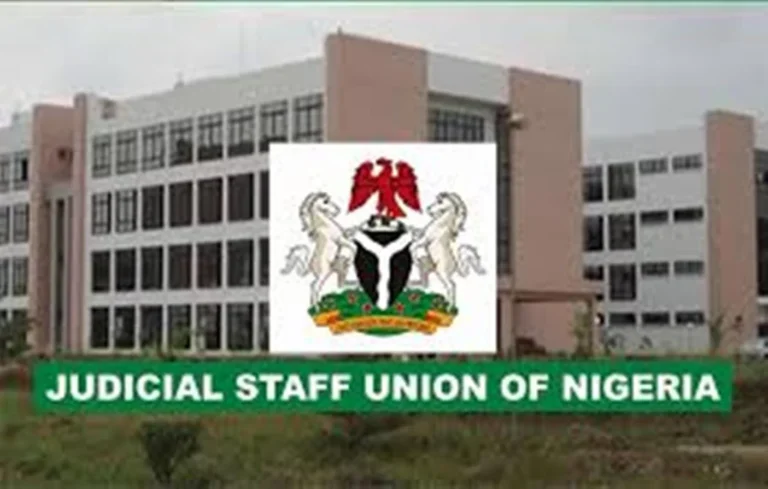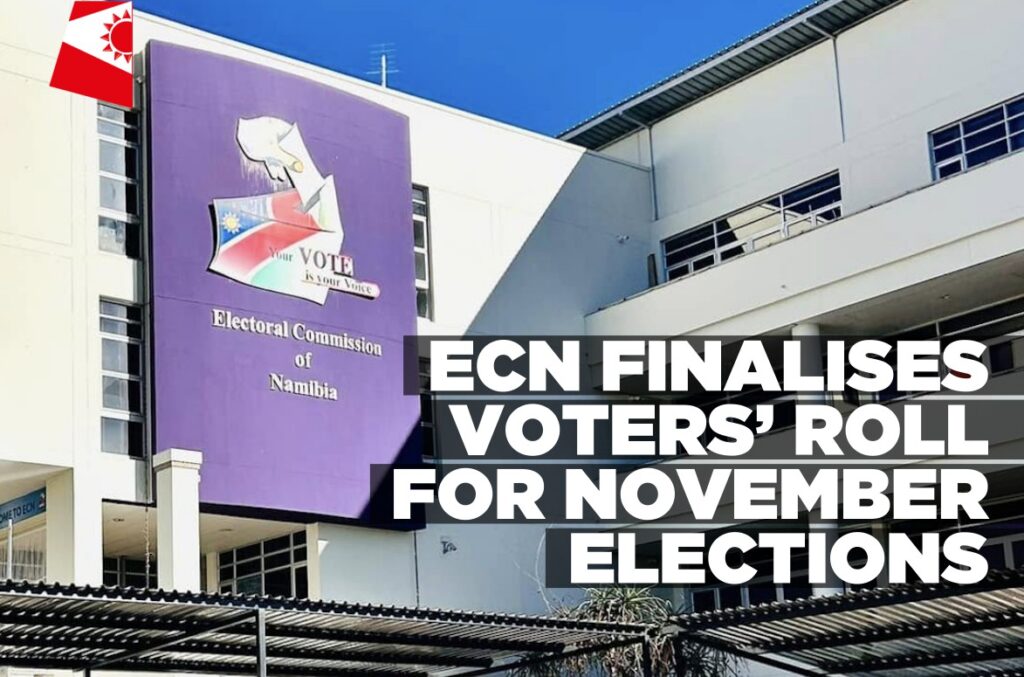
Staff Reporter
THE Electoral Commission of Namibia (ECN) has issued an update on the progress made so far and the steps to be taken in preparation for the November 2025 Regional Councils and Local Authorities elections.
The ECN has successfully conducted the Supplementary Registration of Voters (SRV) from 04 to 19 August, during which a total of 1,499,449 voters were registered for the 121 constituencies, while a total of 752,043 voters were registered for Namibia’s 59 local authorities.
ECN Chief Executive Officer Peter Shaama said that after the SRV, the Commission used the Automated Fingerprint Information System to process the data and ensure that each registered voter has one entry. “This is done to uphold the integrity of the voters’ roll,” he said.
From 12 to 15 September, the ECN released and displayed the Provisional Voters Register (PVR) consisting of 1,499,235 registered voters.
The Final Voters Register (FVR) was produced and released on 24 October 2025, as scheduled in the Electoral Calendar. It contains 1,499,449 registered voters. This figure includes a total of 214 entries derived from the SRV provisional turnout, said Shaama, adding that the release of the FVR will facilitate both the special voting on 24 November (for polling officials and members of NAMPOL deployed outside their registered constituencies) and the main voting on 26 November.
The statistical breakdown of the register is:
- Total eligible voters: 1,670,813
- Provisional Voters Register: 1,499,235
- Final Voters Register: 1,499,449
As regards gender, the number of male registered voters stands at 691,080 compared to 808,419 female registered voters.
According to the ECN statistics, 643,117 youths have registered to vote, as did 22,245 people living with disabilities.
Said Shaama: “The execution of the Election Phase of the Electoral Calendar proceeded with the process of nominations on 26 September 2025 and concluded on 14 October 2025, in respect of independent candidates, and 16 October 2025 as the final day for nominations by political parties and organisations/associations.”
He said the Commission extended the public sitting to allow all stakeholders to effect corrections on nominations submitted by 11:00 on the last day of nominations, 16 October.
Out of the country’s 121 constituencies, 120 constituencies will be contested by various political parties, organisations/associations, and independent candidates. One constituency — Mankumpi — will not be contested.
However, all 59 local authorities will be contested by various political parties and organisations/associations.
Shaama said the Commission has initiated a self-review application in the Electoral Court after detecting an error in the announcement of a duly elected candidate in Nkurenkuru Constituency by the Returning Officer. The Electoral Court granted the orders prayed for in the Notice of Motion accompanying the application on 24 October 2025. This decision allowed the Commission to correct its records by setting aside the Returning Officer’s decision and ensuring the inclusion of the other candidate whose nomination was timeously received by 11:00 on 16 October.
Shaama pointed out that, following the conclusion of the nomination process, several key electoral activities have been successfully executed, such as:
- the design and production of sample ballot papers from 21 to 22 October;
- verification and sign-off of sample ballot papers by representatives of political parties, organisations/associations, and independent candidates from 22 to 23 October.
In the build-up to Election Day, the 26th of November, the following key electoral activities are lined up for execution:
- voter education campaigns are ongoing across the country and will continue until 25 November;
- 24 October to 02 November — the printing and packing of ballot papers;
- 27 October — gazetting and publishing of names of duly nominated candidates;
- 30 September to 31 October — accreditation of observers and the media;
- 03 November — the delivery and arrival of ballots in the country;
- 07 to 17 November — distribution and dispatch of sensitive election materials and equipment;
- 07 to 15 November — training of polling officials takes place;
- 17 to 23 November — issuance of duplicate voter cards;
- 23 and 25 November — deployment of polling teams;
- 24 November — special voting day (for election officials and police officers);
- 26 November — polling day.

